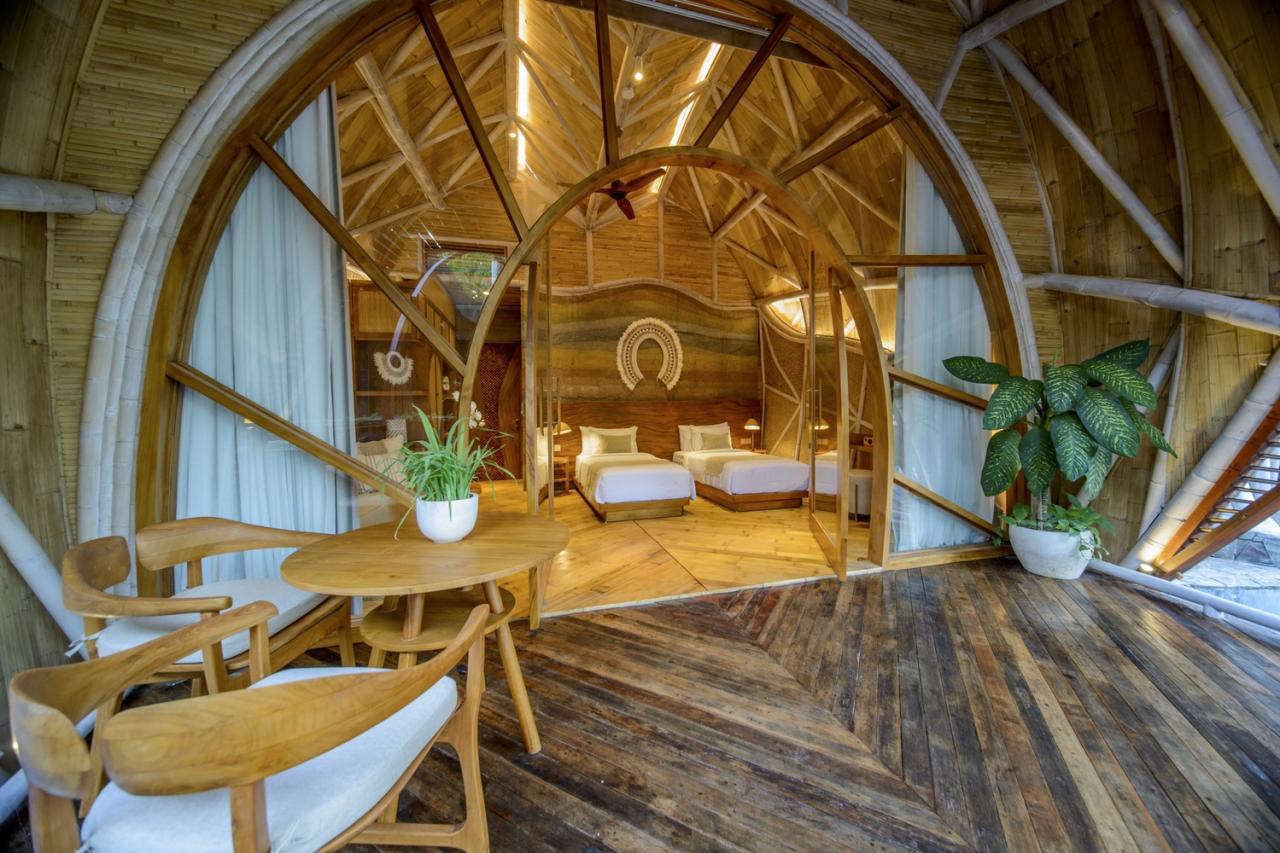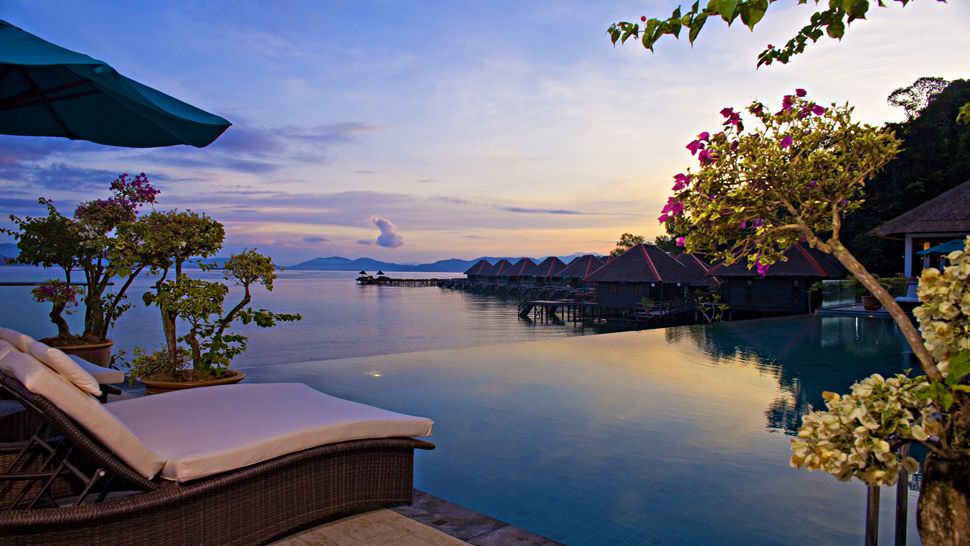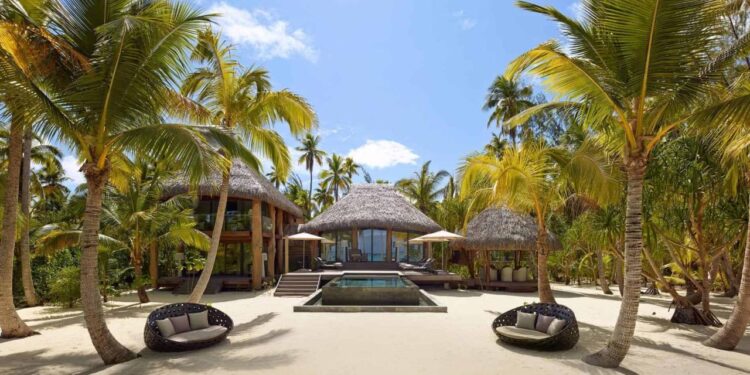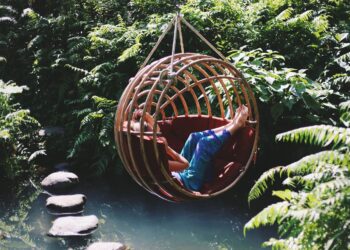For decades, the concepts of luxury travel and environmental responsibility seemed to exist on opposite ends of the spectrum. Luxury was often synonymous with excess—private jets, lavish resorts, and a disregard for the local environment and community. Meanwhile, eco-travel was often associated with a rugged, no-frills experience, requiring travelers to sacrifice comfort for a greater cause. Today, this outdated dichotomy is being shattered by a powerful and growing movement: luxury eco-travel. This is a revolutionary form of travel that proves that opulence and sustainability are not mutually exclusive but can be beautifully and intelligently integrated. Luxury eco-travel is not about roughing it; it’s about enjoying high-end, immersive, and unforgettable experiences that are meticulously designed to have a minimal environmental footprint and a profound positive impact on local communities. It is a new standard for conscious consumerism, where a traveler’s every choice contributes to the health of the planet and the well-being of its people. This comprehensive article will delve into the core principles of luxury eco-travel, explore the types of experiences that define this niche, detail the immense benefits for both the traveler and the world, and provide a guide on how to identify and vet a truly sustainable luxury experience.
What is Luxury Eco-Travel?

Luxury eco-travel, also known as sustainable luxury, is a sophisticated and intentional form of tourism. It is defined by a commitment to high-end services and amenities while operating under a strict set of environmental and ethical guidelines. The experience is meticulously crafted to be a force for good, combining exceptional comfort and unique experiences with a deep sense of responsibility. It moves beyond the simple act of “leaving no trace” to actively regenerating and supporting the places we visit.
The key distinction of luxury eco-travel is that the “eco” component is not an add-on; it is the very foundation of the experience. The sustainable practices are seamlessly integrated into every aspect of the journey, from the architectural design of a resort to the sourcing of its ingredients and the employment of its staff. This creates a travel experience that is not only restorative for the traveler but also for the planet and the people who call a destination home.
The Pillars of Sustainable Luxury
The philosophy of luxury eco-travel is built on a set of core principles that guide every decision, from a hotel’s construction to its daily operations. These pillars are what distinguish a truly sustainable experience from a superficial one.
A. Environmental Responsibility: This is the most visible pillar of luxury eco-travel. Operators in this space are committed to minimizing their environmental footprint through a variety of practices. This includes:
- Green Building and Design: Using sustainable materials, such as locally sourced timber or bamboo, and designing buildings to be energy-efficient with passive cooling and natural light.
- Renewable Energy and Water Management: Relying on renewable energy sources like solar panels and implementing advanced water conservation and recycling systems.
- Waste Management and Composting: Adopting rigorous waste reduction programs, eliminating single-use plastics, and creating on-site composting facilities for organic waste.
B. Community Engagement and Empowerment: A truly sustainable experience is one that benefits the local community. Luxury eco-travel operators are committed to supporting the people and cultures of the places they operate in. This can be seen through:
- Local Employment and Fair Wages: Prioritizing the employment of local residents and paying them fair, living wages.
- Supporting Local Artisans and Businesses: Sourcing products, food, and services from local suppliers and artisans, which helps to boost the local economy and preserve cultural traditions.
- Cultural Preservation: Providing authentic cultural experiences that educate travelers about the local history and customs, while ensuring that these traditions are respected and not exploited.
C. Authentic and Immersive Experiences: Luxury eco-travel moves beyond the generic, tourist-trap experience to offer unique, authentic, and immersive activities. These experiences are often designed to connect travelers to the local environment and culture in a meaningful way. This can include:
- Conservation-Focused Activities: Participating in local conservation projects, such as coral reef restoration or reforestation.
- Guided Nature Walks and Wildlife Encounters: Led by local experts, these activities provide a deeper understanding of the local ecosystem and a greater appreciation for its biodiversity.
- Culinary Journeys: Cooking classes with local chefs and farm-to-table dining experiences that showcase the regional cuisine and the bounty of the land.
D. Ethical Wildlife and Conservation Efforts: Responsible eco-travel operators have a strict policy on ethical wildlife encounters. They support conservation efforts and never engage in practices that harm or exploit animals. This means:
- Supporting Reputable Conservation Organizations: Partnering with and donating to local conservation groups.
- Observing Wildlife from a Distance: Ensuring that wildlife encounters are non-invasive and do not cause stress to the animals.
- Educating Travelers: Providing guests with information about the local ecosystem and the importance of conservation, turning them into advocates for the cause.
Designing the Experience
The experience of luxury eco-travel is defined by its intentional design, where every detail is crafted to be both indulgent and responsible. Here are some examples of what to expect from this type of travel.
A. Eco-Resorts and Lodges: High-end eco-resorts are a prime example of sustainable luxury. They are often built with a minimal footprint, using natural and local materials. The architecture is designed to blend seamlessly with the environment, and the energy and water systems are state-of-the-art and sustainable. The luxury is not in the excess but in the thoughtful design and the deep connection to nature.
B. Conservation-Focused Safaris: An eco-safari in Africa, for example, is not just about seeing the “Big Five.” The experience is often focused on supporting local conservation efforts, such as anti-poaching units or wildlife rehabilitation centers. The guides are local experts who share a deep knowledge and passion for the land and its animals, providing a far more authentic and meaningful experience than a traditional safari.
C. Culinary Journeys with Local Sourcing: The dining experience at a luxury eco-lodge is often a celebration of local, organic, and seasonal ingredients. The menu is crafted around what is available from local farms and the lodge’s own gardens, creating a true farm-to-table experience. The chefs work with local farmers and fishermen, and the cuisine is a testament to the local culture and the land’s natural bounty.
D. Bespoke Cultural Immersion: Luxury eco-travel operators offer curated cultural experiences that are designed to be respectful and educational. This can include visiting local villages to learn about their customs and traditions, participating in a traditional cooking class with a local family, or attending a local art workshop. These experiences are a two-way street, where both the traveler and the local community benefit.
The Benefits of Choosing Sustainable Luxury

Choosing a luxury eco-travel experience is a decision that offers a multitude of benefits, both for the traveler and for the wider world.
A. A Deeper, More Meaningful Experience: The most significant benefit for the traveler is the profound sense of meaning and purpose that comes from a responsible travel experience. The knowledge that your vacation is contributing to the preservation of a fragile ecosystem or the support of a local community adds a layer of depth and emotional reward that a traditional luxury vacation simply cannot match.
B. Enhanced Well-being: Luxury eco-travel is often centered around a connection to nature, which has a proven positive impact on mental and physical well-being. The act of unplugging from the digital world, spending time in a beautiful natural environment, and engaging in restorative activities like hiking or meditation can lead to a significant reduction in stress and a newfound sense of peace and tranquility.
C. Supporting Positive Change: By choosing to spend your money on a luxury eco-travel experience, you are casting a vote for a better world. Your consumer choice sends a powerful message to the travel industry that a more sustainable and responsible model is not only possible but is also in high demand. This supports the growth of a more ethical and conscious form of tourism.
How to Vet a Luxury Eco-Travel Operator
The term “eco-travel” has become a buzzword, and many companies engage in greenwashing—the act of misleading consumers into believing their practices are more environmentally sound than they are. To ensure that you are choosing a truly sustainable experience, it is crucial to do your research.
A. Look for Certifications: Reputable eco-travel operators often have certifications from third-party organizations that audit their practices. Look for certifications from organizations like B Corp, Green Globe, or LEED, which provide a stamp of authenticity and a verification of their commitment to sustainability.
B. Ask About Their Practices: Don’t be afraid to ask direct questions about a company’s environmental practices. Ask about their energy and water sources, their waste management policies, and their efforts to eliminate single-use plastics. A truly sustainable operator will be proud to share this information and will be transparent about their efforts.
C. Check for Community Partnerships: A key indicator of a truly responsible operator is their relationship with the local community. Ask about their employment practices, their partnerships with local businesses, and their involvement in local conservation or community development projects.
D. Read Reviews and Testimonials: Look for reviews from past guests that specifically mention the operator’s commitment to sustainability and their positive impact on the local community. A glowing review that mentions a clean, beautiful resort but says nothing about its eco-practices may be a red flag.
The Future of Travel
The luxury eco-travel revolution is not just a trend; it is the inevitable future of the travel industry. As travelers become more conscious and as technology advances, the industry will continue to evolve in exciting new ways.
A. The Rise of Carbon-Neutral Travel: The next step for eco-travel is a move toward a carbon-neutral model, where the carbon emissions from a trip are meticulously calculated and offset through reforestation projects or investments in renewable energy.
B. AI-Powered Sustainable Itineraries: Artificial intelligence will be used to create personalized, sustainable travel itineraries that optimize for a minimal carbon footprint and a maximum positive impact on the local community.
C. Regenerative Tourism: The future of sustainable travel is regenerative tourism, a model that aims to leave a destination better than it was found. This goes beyond a minimal footprint to actively improving the environment and the local community.
Conclusion
The convergence of luxury and sustainability in the form of eco-travel is more than a fleeting trend; it is a fundamental and necessary shift in the way we explore our world. For too long, the pursuit of comfort and opulence has been decoupled from our responsibility to the planet and its people, creating a form of tourism that was, at its core, unsustainable. The revolution of luxury eco-travel offers a powerful and compelling alternative. It is a philosophy that recognizes that the most profound and memorable travel experiences are not those defined by excess, but by intention, connection, and a deep sense of purpose.
The journey of luxury eco-travel is not about making a sacrifice; it is about making a choice. It is the choice to stay at a resort that runs on solar power, a choice that contributes to the preservation of a fragile ecosystem. It is the choice to dine on locally sourced cuisine, a choice that supports the livelihood of a local farmer. It is the choice to engage with a local community, a choice that fosters understanding and cultural exchange. These choices, when made collectively, have the power to transform the travel industry from a destructive force into a regenerative one.
As travelers, we have an unprecedented opportunity to use our consumer power for good. The travel industry is a powerful economic engine, and where we choose to spend our money sends a clear message about our values. By seeking out and supporting luxury eco-travel operators, we are not just booking a vacation; we are investing in a more sustainable future. We are becoming a part of the solution, a force for positive change, and a voice for a new era of tourism that is built on a foundation of respect, responsibility, and a deep appreciation for the world we call home. The luxury is not just in the high-end amenities; it is in the knowledge that your adventure, your escape, and your experience of the world is a force for good.








Discussion about this post